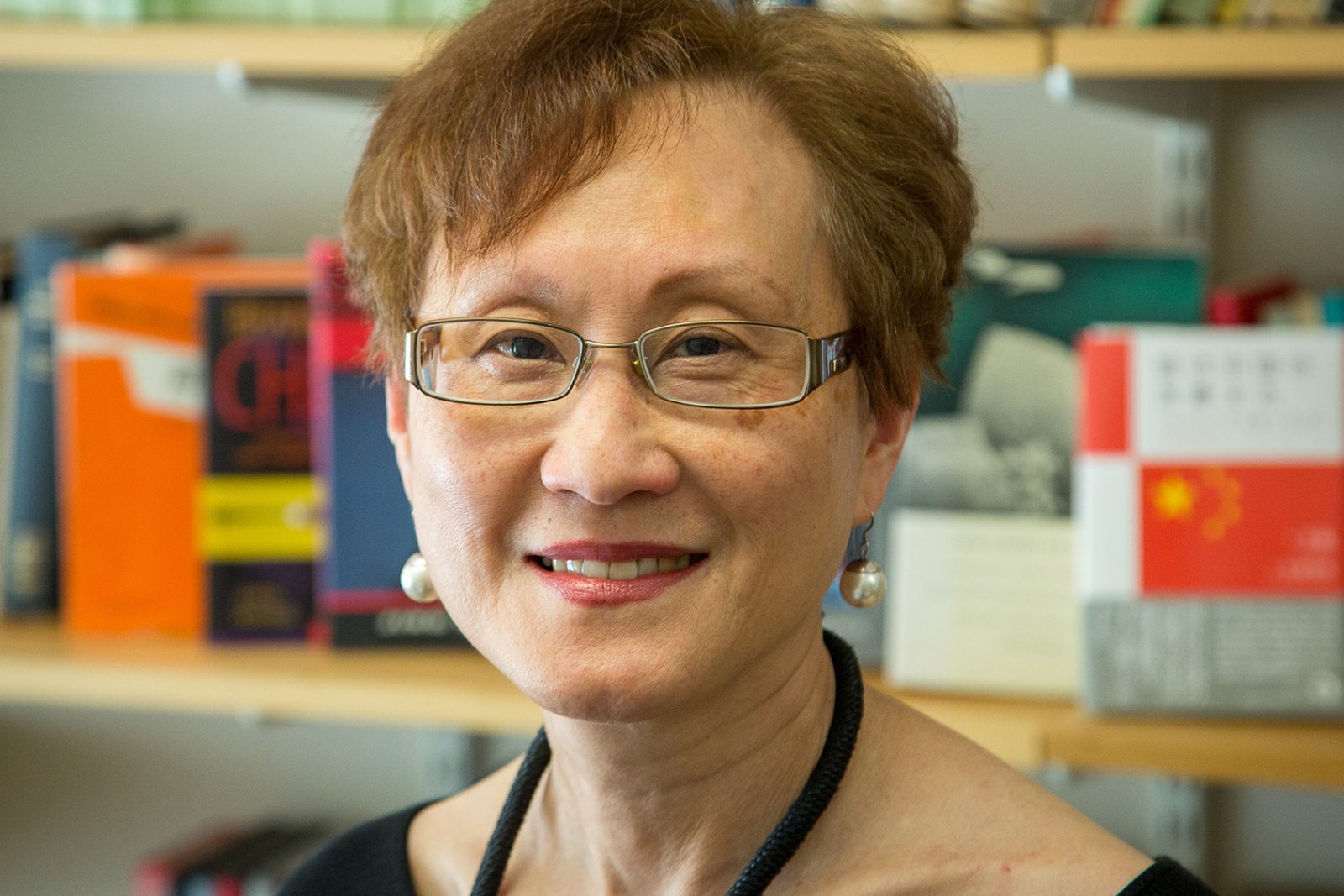
Professor Jing Wang has been named as the recipient of the “Overseas Distinguished Professorship” by the Ministry of Education of the People’s Republic of China in 2016. She was nominated for this five-year award by the Communication University of China. As a result of her having been honored with this prestigious award, Wang will give a keynote speech on “Sectors without Borders: Theory and Critique” at the university in June.
The award is given to foreign experts or scholars with internationally recognized scholarly attainments in a given discipline or professional field. The Communication University of China is one of the top national universities in China. It is ranked number one for media education.
Wang’s nomination recognized her as one of the very few scholars “…who simultaneously studies the impact of new media on for-profit industries (such as media and advertising) and non-profit sectors (such as civic communications and nonprofit technologies).” The nomination further stressed that Wang’s research “combines both theory and practice. Whether it is research on commercial or civic communication, she has entered both sectors as a practitioner.”
Wang is the founder and director of New Media Action Lab and a member of the Advisory Board of Wikimedia Foundation that runs global Wikipedia. She also serves as the Chair of the International Advisory Board for Creative Commons China. In spring 2009, she launched NGO 2.0, an ICT-powered activist project serving Chinese grassroots NGOs, which builds cross-sector collaboration with foundations, universities, NGOs, transnational and domestic Chinese IT companies, the Corporate Social Responsibility sector, and software developer and maker communities in China.
The award was also made on the basis of Wang’s scholarly contributions and influential list of publications. One of her books, Brand New China: Advertising, Media, and Commercial Culture, for example, was cited as getting a hearing which was “not limited to the academic world. Its readers include those in the advertising and media industry.” The book has been translated into Arabic and Japanese. The Chinese translation was published by Peking University Press in 2012.
When asked what the award meant to her, Professor Wang replied “I’ve already had many collaborators in China’s nonprofit sector via my NGO2.0 project. This award will help facilitate my collaboration with media scholars at the Communication University of China. I will help the New Media Research Center there create labs that can best utilize their existing programmatic resources and deepen the scholarly exchanges between the university and MIT in the specific research areas of media and communication studies.”
